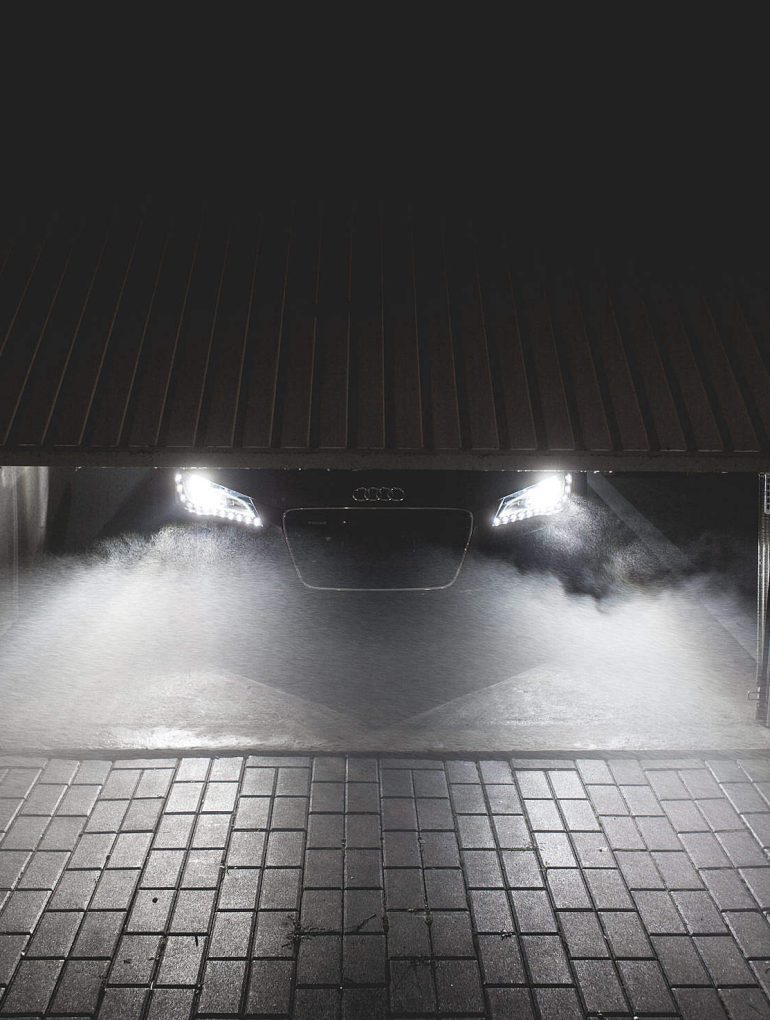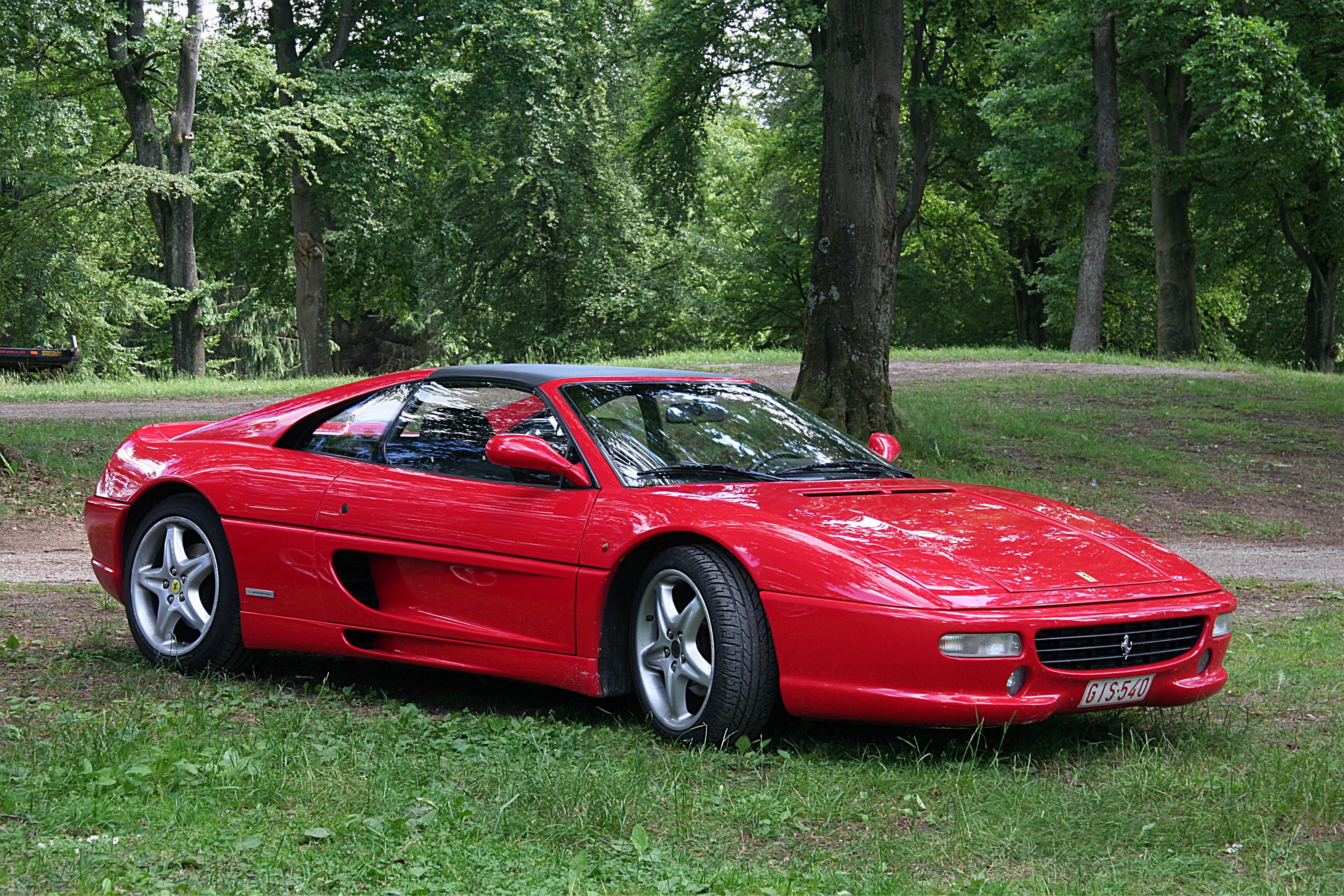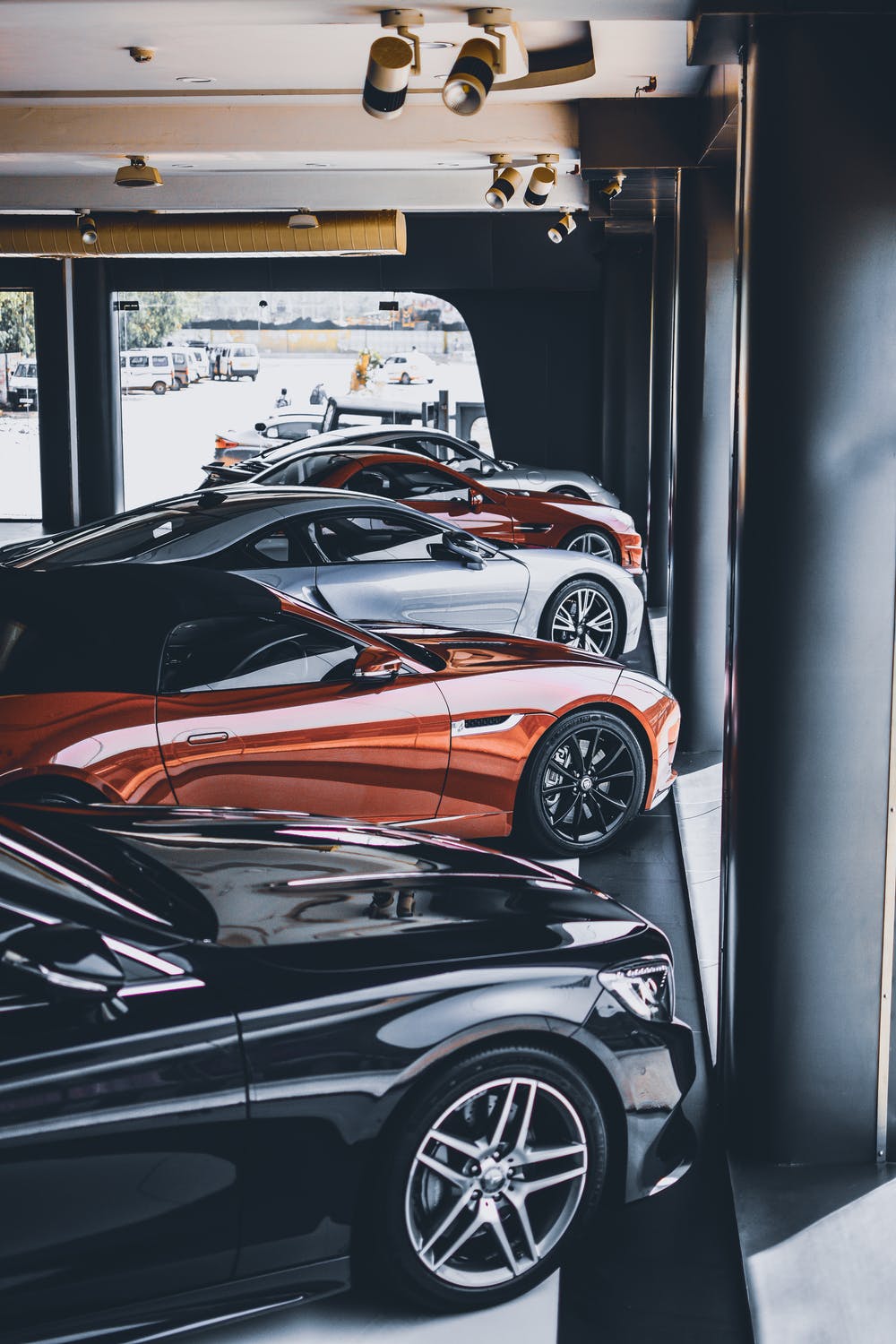Buying a car is always an exciting thing to do. You felt the little pang of pride when you bought your first car, the way that your mind reminds you that this is your baby, your car, your wheels. Of course, almost everyone prefers to buy new, but sometimes either circumstances, limited editions, or even not being invited to buy a car from some manufacturers can lead to you looking into the used market.
This is especially true in the supercar space. A great example of needing to be invited to buy a supercar exists with companies such as McLaren with their MSO series like the Senna, Ferrari with their anniversary cars every 10 years like the F50 and the Enzo, and the like. The only way to realistically purchase one of these cars is via a used sale.
Other times, perhaps the supercar you’ve been saving to buy has been out of production for some years. There are those who still, to this day, yearn to own a Type 993 Porsche 911, due to it being the last of the “true” air-cooled 911’s.
Whatever the reason, there are multiple routes to take to be able to purchase a used supercar. Realistically, these methods can apply to any used vehicle purchase, the only truly limiting factors are supply and competition for the vehicle.
On Your Own
Probably the most labor-intensive method, there are some people that prefer to go about finding their perfect car on their own. They’ll scour forums, check the online listings for their city or state every morning, and will network as much as they can with friends to cast their net far and wide. Often, with the right amount of networking and good communication skills, these are the buyers that can swing great deals, or buy cars from their network before they get listed.
When it comes to supercars, however, this method of going it alone can come around to bite you. The onus is on both the seller and the buyer to find the right price for the vehicle, with the seller trying to maximize their return, and the buyer trying to negotiate the best price they can afford. Where it can bite you is if these negotiations happen without the buyer doing a thorough inspection, getting under the hood, peeking around under the car, looking for the smallest thing.
Some supercars are notoriously fickle, springing an oil leak or bending a suspension arm when someone simply looks at the car. Other supercars are built like tanks, and you really have to run them brutally hard to do any significant damage. Whatever the case, if the seller doesn’t want to let you have the car taken by flatbed to a professional mechanic that specializes in that brand, or tries to explain away a squeak or sound from the car during a test drive that doesn’t sound reasonably possible, it’s best to walk away from the car. It will probably cause more heartbreak than joy if you buy a supercar and then need to immediately fix it.
If it passes inspection, or looks/sounds/smells mechanically sound, this is where the savings of going about it on your own can show up. Fair but hard negotiating can bring the price way down over what a window sticker or sales listing might say. This is because it is common practice to slightly overprice a vehicle in a listing, so that there is built-in negotiating room to make the buyer feel that they got a good deal. The trick here is to know what the actual used value of the car is, no matter the listing price, and negotiate around that price, not the listing price.
In the end, if you put in the due diligence, the hard work, the man-hours, you will often get a very good car out of the deal at a fair price. These might be collector cars, rare cars, limited editions, or even “common” supercars. But you will know you worked for it, and that feeling of satisfaction is definitely a bonus for doing it on your own.
Through Auctions
The most expensive Lamborghini Miura sold at auction, reaching over $4.16 million.
Buying a supercar through an auction is quickly becoming one of the preferred ways to obtain one. Over the past decade, auction websites of all kinds have cropped up, and instead of having to travel to the big shows like Barrett Jackson in the US, or Silverstone Auctions in the UK, you could (and still can) bid for your preferred supercar from the comfort of your home office.
What makes this method preferred by many is twofold. The first reason is that these auctions, and auction sites, are where you are far more likely to find limited or special edition supercars listed for sale. The second edition is that for many of these supercars to make it onto the site, they have to go through an approval process that verifies the service history, VIN history, mechanical faults (if any), repairs (if any), and special conditions of the vehicle, such as stored in a garage with a trickle charger attached, driven only once or twice a year, et al.
This removes an entire layer of uncertainty away from the “Doing it on your own” method. To be listed on the major auction sites, or to appear at major in-person auctions, the cars must be vetted and approved. Notes of the inspections and approvals often appear in the listing with the vehicle, letting you see everything about it.
The downside to auctions, however, are also twofold. The first downside is that if enough people want that same car, the bidding price can quickly spiral into the stratosphere. A recent example was a 2007 McLaren-Mercedes SLR 722 that sold for $605,000, which retailed at $480,000 when new. Other, much rarer cars, can often reach into the millions, with the rarest reaching into the tens of millions.
The other downside of auctions is that you are severely limited by supply. Maybe you are looking for a Lamborghini Diablo SV in the special racing yellow they had for that car. With the SV itself being a rarer model, finding a yellow one may be even harder. And because of the rarity of the model and the color, the first downside of demand far outweighing supply can mean you may pay a premium price to get that car.
Through A Specialized Used Car Dealership
You may call them used lots, used car dealerships, second-hand lots, and the like, but there are often several dozen of these in your nearest city, and possibly hundreds across your state. It is through these dealerships that sometimes the best chances of getting your dream supercar can be realized.
There is, however, a bit of wariness and even hostility regarding used car dealerships. Through both representations in movies, TV, even news media with investigative reporting, the shadier or less professionally run dealerships cast a negative shadow across the entire industry. However, the truth of the industry is that those “bad” dealers number only in the tens to maybe in the hundreds across all of America, while the “good” dealerships number in the tens of thousands.
Yet the true power, the best reason to visit a specialized dealership, is their networking power. As the saying goes, “it’s often who you know, not what you know.” Often, the owners or senior sales members of these dealerships have a rapport with local supercar owners and sellers, and are in constant contact with each other, even with their competition. Smaller used dealers may be local only, but the truly successful ones are also multi-city, possibly even multi-state, which only expands that network further.
For example, if you were looking for a used Mercedes AMG Black Series supercar in Houston, there may not be one available. However, with large used dealers like Echo Park, they have almost the entire Eastern seaboard and the deep South of the USA to network across to find you that Mercedes AMG you so deeply desire. And when they find it, they will take care of transporting it to their Houston dealership, fully insured and properly handled.
The greatest of the benefits, however, is that these specialized used car dealerships will often only buy used vehicles in excellent condition, or with mild issues that can be repaired by the dealership before the car is listed for sale. This means that when you buy from a reputable used car dealer, you are buying a car that has, at the very least, had a top to bottom, side to side, bumper to bumper check to make sure it is operating in tip-top shape.
This is not to say that there are no downsides, as there are a few. The most prominent one that you will run across with a used car dealership is that you will often be paying a premium price over a private sale. This is because the dealership, as a business, needs to recoup the cost of buying and preparing the car for sale, as well as turn a profit to keep the business in operation.
Another downside is that, much like with doing it on your own or through an auction, sometimes demand outweighs supply. This means that competition may exist for a specific vehicle and it may come down to first-come-first-served, or, for supercars or extremely rare cars, a private auction, with the highest bid wins between the interested parties.
The last downside is that vehicles you buy from specialized used dealers are often outside of factory warranty. This is part of the “hidden costs” of owning a supercar or higher-end luxury or performance car, as if something does break or fail through manufacturing fault, depending on the age and rarity of the vehicle, parts can be shockingly expensive. And that’s before any labor costs of having the part installed.
This is (in)famously demonstrated with the Ferrari F355 with the F1 gearbox option. As one of the first semi-automatic transmissions on the market, many of the modern era’s advancements in DCTs and SCTs didn’t exist back then. This meant that the clutch plate, operated by computer, was sometimes subject to sudden and abrupt force, causing it to slip. This prematurely wore down that clutch plate, and something that should have lasted 50,000 miles only lasted 10,000. And believe us, you really, really don’t want to know what a new clutch plate for an F355 costs these days… but we’ll tell you: it’s $11,000 for an inexpensive third party one at the cheapest we could find!








